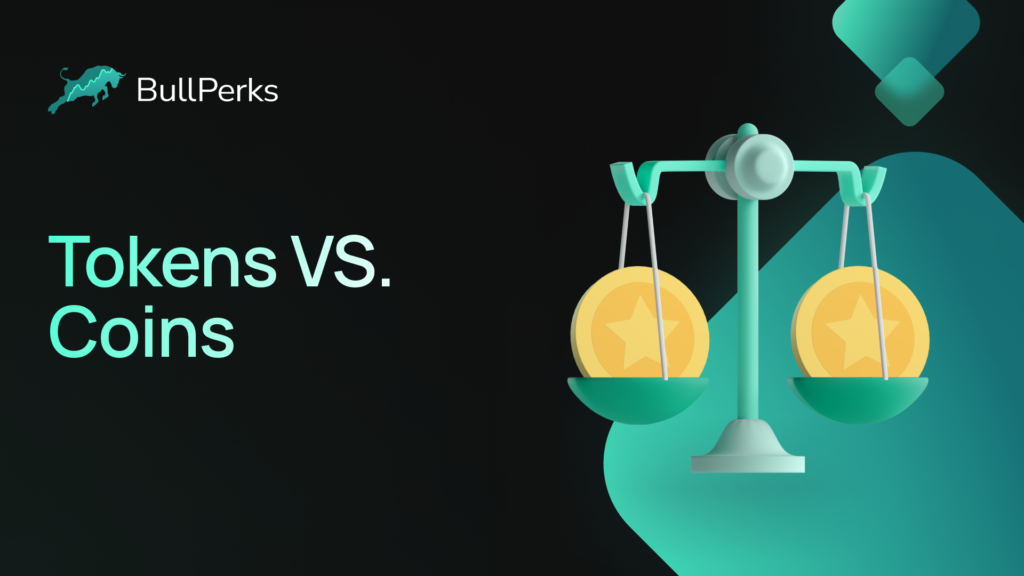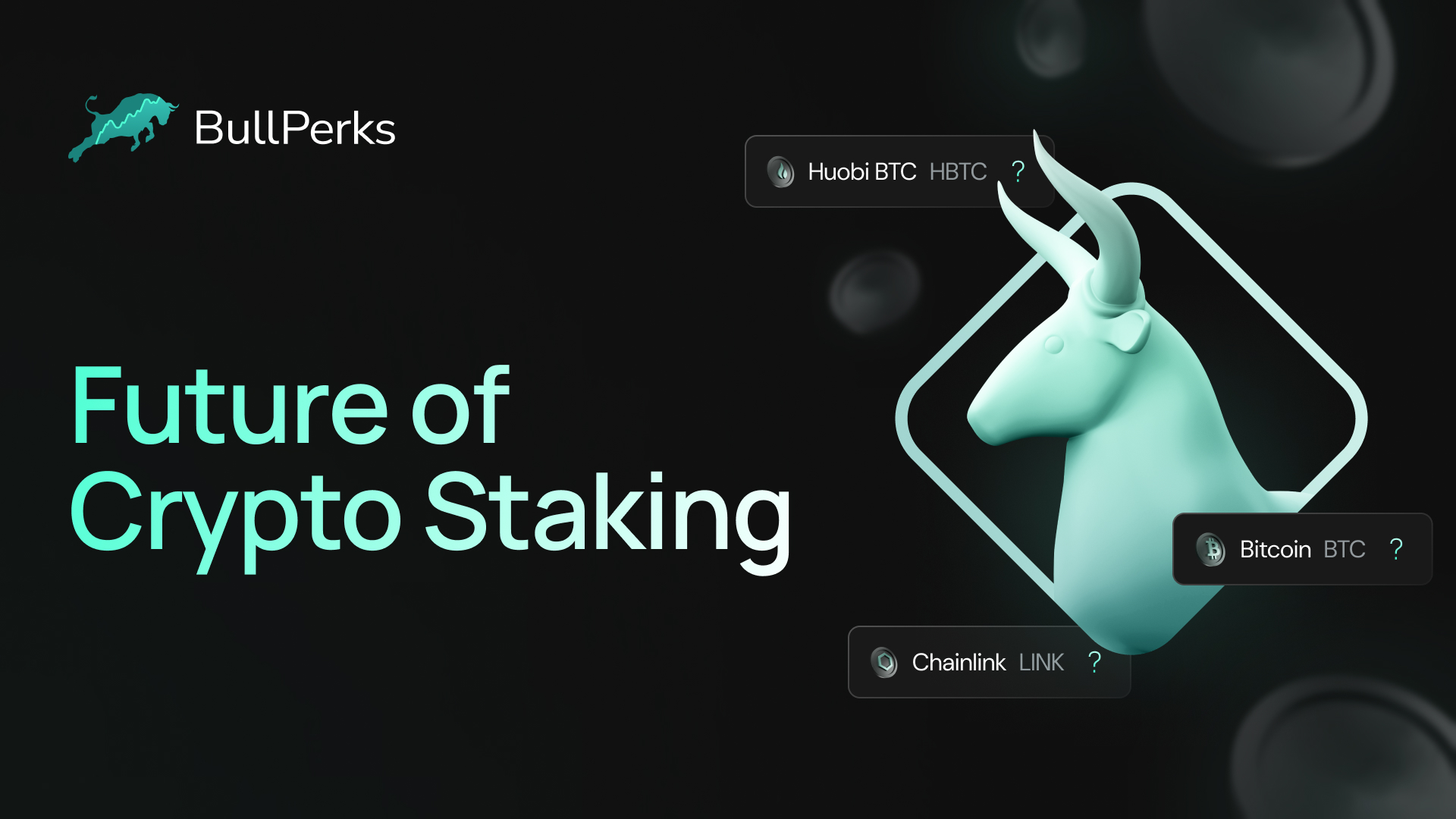
Understanding Digital Assets: Tokens and Coins
In the realm of virtual currencies, two types of digital assets typically emerge: tokens and coins. Both of these assets are used in the world of cryptocurrencies and blockchain technology, yet they have distinct differences and applications that set them apart. It is essential to comprehend these distinctions before delving into the dynamic digital asset market.
Digital coins, often referred to as cryptocurrencies, are essentially virtual money. Built on their respective blockchain, coins like Bitcoin, Litecoin or Ethereum function as digital cash used for transferring value and making transactions. On the other hand, tokens, such as utility tokens or security tokens, provide a vast array of applications beyond a straightforward medium of exchange. They could represent a company's share, give access to a service or function as a loyalty point in a blockchain-based ecosystem. Despite both being fundamental components of the digital asset field, their differences are primarily carved out by their usage scope and function within a particular blockchain infrastructure.
Key Differences Between Digital Tokens and Coins
Digital coins and digital tokens, though often used interchangeably, hold distinct features. Primarily, digital coins, also known as cryptocurrencies, function similarly to physical money, representing a currency's digital form. They operate on their respective standalone blockchain, implying their usage revolves around being a medium of exchange, a unit of account, and a store of value. Bitcoin and Ethereum are perfect examples of digital coins, serving primarily as virtual currency, mitigating the need for traditional financial intermediaries and institutions.
On the other hand, digital tokens extend beyond just being a mode of monetary exchange. They hold specific functionalities related to the dApp (decentralized application) found within their native blockchain. Tokens typically do not possess their blockchain but exist on an already established one. They are commonly used to access certain services within a network, like voting rights or fuel for transactions. CryptoKitties is a great instance of a digital token, where each kitten within the Ethereum network represents a unique token with distinct attributes and value.
The Intrinsic Value of Digital Coins and Tokens
In the realm of digital currency, the intrinsic value of digital coins and tokens is a crucial aspect to consider. On the surface, both seem similar, but upon closer examination, their differences become more apparent. Primarily, digital coins like Bitcoin and Lite Coin are intrinsically valuable as they are standalone currencies whose values are derived directly from the demand and supply on the market. Similarly, their value can stem from the trust and confidence put in them by investors and the broader community.
On the other hand, digital tokens operate on a different paradigm. While they are hosted on a blockchain, their intrinsic value often comes from their specific functionality or role within a particular ecosystem. For instance, tokens can represent assets or utilities and can be used for specific services inside the platform they belong to. Therefore, the value of digital tokens typically is tied to the demand and adoption of the corresponding platform, product or service, offering them a unique flavor of intrinsic value not shared by digital coins.
Understanding the Utility of Digital Tokens
Digital tokens have redefined the notion of value in the digital age, bringing in a paradigm shift in the way transactions are conducted or information is exchanged. At their core, these tokens provide a utilitarian function that goes beyond mere monetary transactions. They offer access to a certain product or service offered by the issuer. For instance, tokens can substitute for traditional tickets to events or act as loyalty points that can be redeemed. In essence, they facilitate new and innovative ways of accessing and interacting with a variety of goods and services in the digital world.
In addition to their real-world utilities, digital tokens also have implications within blockchain platforms. They can act as a medium to access and use specific features of a blockchain application. For instance, a developer who wishes to build a decentralized application (dApp) on a certain blockchain platform might need to buy and spend specific utility tokens of that platform. In this way, digital tokens play a crucial role in the development and functioning of the decentralized internet, not just as a store of value or a medium of exchange, but as a facilitator of utility, thereby reinforcing the concept of a 'token economy'.
The Role of Digital Coins in Cryptocurrency Markets
Digital coins command a significant role in cryptocurrency markets. They constitute the native currency of a particular blockchain. Bitcoin and Ethereum, for instance, are more than just mediums of exchange; these digital coins are essential for the functioning of their respective networks. Their intrinsic value is tied to their necessity in performing certain operations within their platform such as rewarding miners who validate transactions, paying for transaction fees, and facilitating smart contracts and DApps.
With their underlying technology - blockchain, digital coins introduce a decentralized, transparent, and secure model for transactions. This serves to eliminate the need for intermediaries such as banks, paving the way for faster and more cost-efficient transfers especially across borders. Since they are not governed by central banks or governments, they provide a hedge against economic uncertainties and inflation. As such, digital coins also present speculative opportunities for traders and investors who bet on the price movements of these coins in cryptocurrency markets.
Investing in Digital Coins: Pros and Cons
Digital coins, or cryptocurrencies, have been touted as the future of finance. Investing in these assets has certain advantages. One major benefit is the ability to partake in a new form of economy that is decentralized and not tied to any government body. This means that transactions are processed without intermediaries, resulting in reduced costs and increased efficiency. Furthermore, some cryptocurrencies offer the possibility of significant returns, driven by volatile market conditions and mass adoption by multinational corporations. The anonymity provided by some digital coins is an added advantage for those seeking privacy in their financial dealings.
However, these advantages do not come without pitfalls. The volatile nature of digital coins can be a double-edged sword. While they have the potential to offer tremendous returns, their market value can also drastically plummet, leading to substantial losses. The lack of regulations and oversight provide a fertile ground for fraudulent activities and scams. Moreover, the same anonymity that appeals to some might also facilitate illicit transactions, raising concerns over their potential misuse. The loss of private keys—crucial for accessing digital coin holdings—can often be irreversible, posing a greater risk than traditional forms of investments.
Investing in Digital Tokens: Advantages and Drawbacks
One of the significant advantages of investing in digital tokens is their potential for high returns. Digital tokens, driven by innovative technologies such as blockchain, have demonstrated a propensity to appreciate in value at meteoric rates. These tokens often represent a unique value or utility in a particular ecosystem, thereby providing a compelling investment opportunity. However, like all assets, they come with associated risks. The volatility of the digital tokens market is one major concern for potential investors. Price swings can be swift and severe, leading to significant financial losses.
Investors must also consider the level of regulatory uncertainty surrounding digital tokens, as the sector operates in a largely undefined legal landscape. This lack of robust regulation can potentially expose investors to fraudulent activities and scams. Similarly, another inherent risk associated with digital tokens is the lack of a physical asset backing and the nebulous calculation of intrinsic value. Unlike traditional assets such as stocks or bonds, the value of digital tokens often rests on the perceived future utility, making them more susceptible to speculation and hype. Despite these drawbacks, if navigated correctly, digital tokens can provide a lucrative investment option that not only offers financial gains but also supports innovative technological advancements. Careful evaluation and risk management should be exercised while investing in this space, and novice investors are also encouraged to seek guidance from financial professionals.
Case Studies: Successful Utilization of Digital Coins
One of the most popular digital coins that successfully demonstrates the potential of this technology is Bitcoin. Launched in 2009, Bitcoin works as an open source peer-to-peer monetary system that operates independently of any central authority. Over the last few years, it has proven its resilience and potential as a store of value, despite its volatility. Its decentralized nature provides inherent strengths such as transparency, security, easy accessibility, and immunity to inflation. These characteristics have made Bitcoin attractive to investors and fostered widespread adoption, both as an investment and a means of transaction.
Ethereum, another successful implementation of digital coins, provides a platform for the development and execution of smart contracts — automated, self-executing contracts with the terms of the agreement directly written into code. Ethereum's inherent cryptocurrency, Ether, is used to facilitate these transactions on the platform. Ethereum's success represents the utility of digital coins beyond simple transactions. Ether serves dual purposes as both a digital coin and a "fuel" for the computational resources required to run applications on the Ethereum network. Hence, Ethereum has become an integral part of many blockchain-based applications, validating the robust potential of digital coins.
Please note that investing in digital coins involves substantial risk due to market volatility and other factors. Therefore, thorough research and due diligence is crucial before making any investment decisions. Always consult with a qualified financial advisor or other trusted expert before making any major financial decisions.
What are digital assets: tokens and coins?
Digital assets, in the context of cryptocurrency, can be broadly classified into tokens and coins. Coins are cryptocurrencies that can operate independently, while tokens require another blockchain platform to operate.
What are the key differences between digital tokens and coins?
The main difference between digital tokens and coins lies in their structure and utility. Coins have their own blockchains, while tokens operate on an existing blockchain. Coins are primarily used as currency, while tokens can represent a wide range of assets.
Can you explain the intrinsic value of digital coins and tokens?
The intrinsic value of digital coins and tokens is derived from their utility, demand and supply, technological capabilities and credibility of the project or platform they are associated with.
Can you elaborate on the utility of digital tokens?
Digital tokens can serve a multitude of purposes. They can represent a company's shares, provide access to a service, represent real-world commodities, or be used as a medium of exchange within a particular blockchain ecosystem, among other uses.
What role do digital coins play in the cryptocurrency markets?
Digital coins serve as the lifeblood of the cryptocurrency markets. They act as a medium of exchange, store of value and unit of account. They also facilitate transactions and incentivize network participation in various blockchain ecosystems.
What are the pros and cons of investing in digital coins?
Investing in digital coins offers the potential for high returns given the volatility and growth potential of cryptocurrency markets. However, it also involves significant risk due to market volatility, regulatory uncertainties, and technological vulnerabilities.
What are the advantages and drawbacks of investing in digital tokens?
Investing in digital tokens can offer diversified exposure to different projects and sectors within the blockchain economy. However, the risks include lack of regulatory oversight, potential for scams, and the dependency of tokens on the success of the underlying platform or project.
Could you provide examples of successful utilization of digital coins?
Several case studies demonstrate the successful utilization of digital coins. For instance, Bitcoin has been widely adopted as a digital currency and store of value. Ether, the native coin of the Ethereum network, is used to facilitate transactions and incentivize network participation. Many other digital coins have found unique use-cases within their respective blockchain ecosystems.
Would you like to start investing in the most promising crypto projects? Learn how to invest with BullPerks, the fairest and most community-oriented decentralized VC and multichain launchpad!
Disclaimer. This material should not be construed as a basis for making investment decisions or as a recommendation to participate in investment transactions. Trading digital assets may involve significant risks and can result in the loss of invested capital. Therefore, you must ensure that you fully understand the risk involved, consider your level of experience, investment objectives, and seek independent financial advice if necessary.












